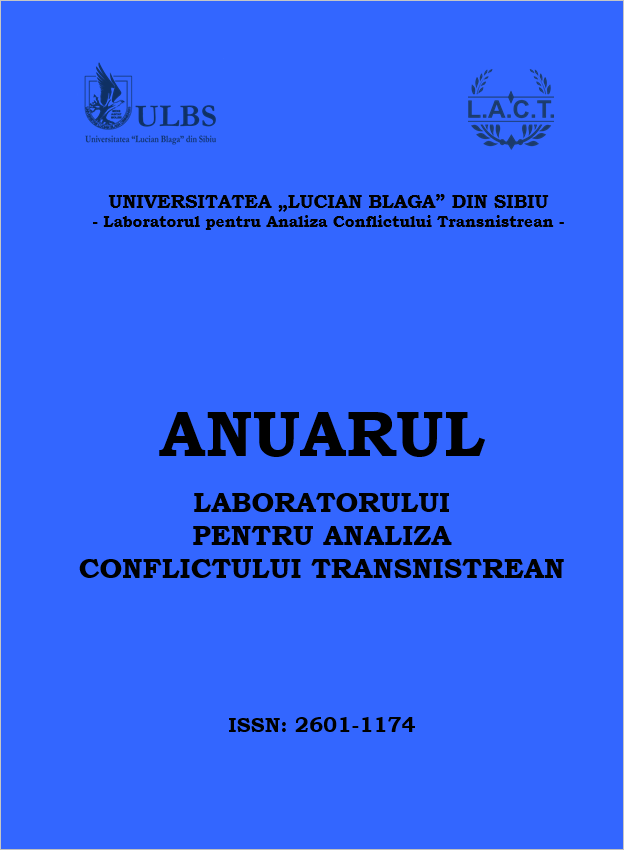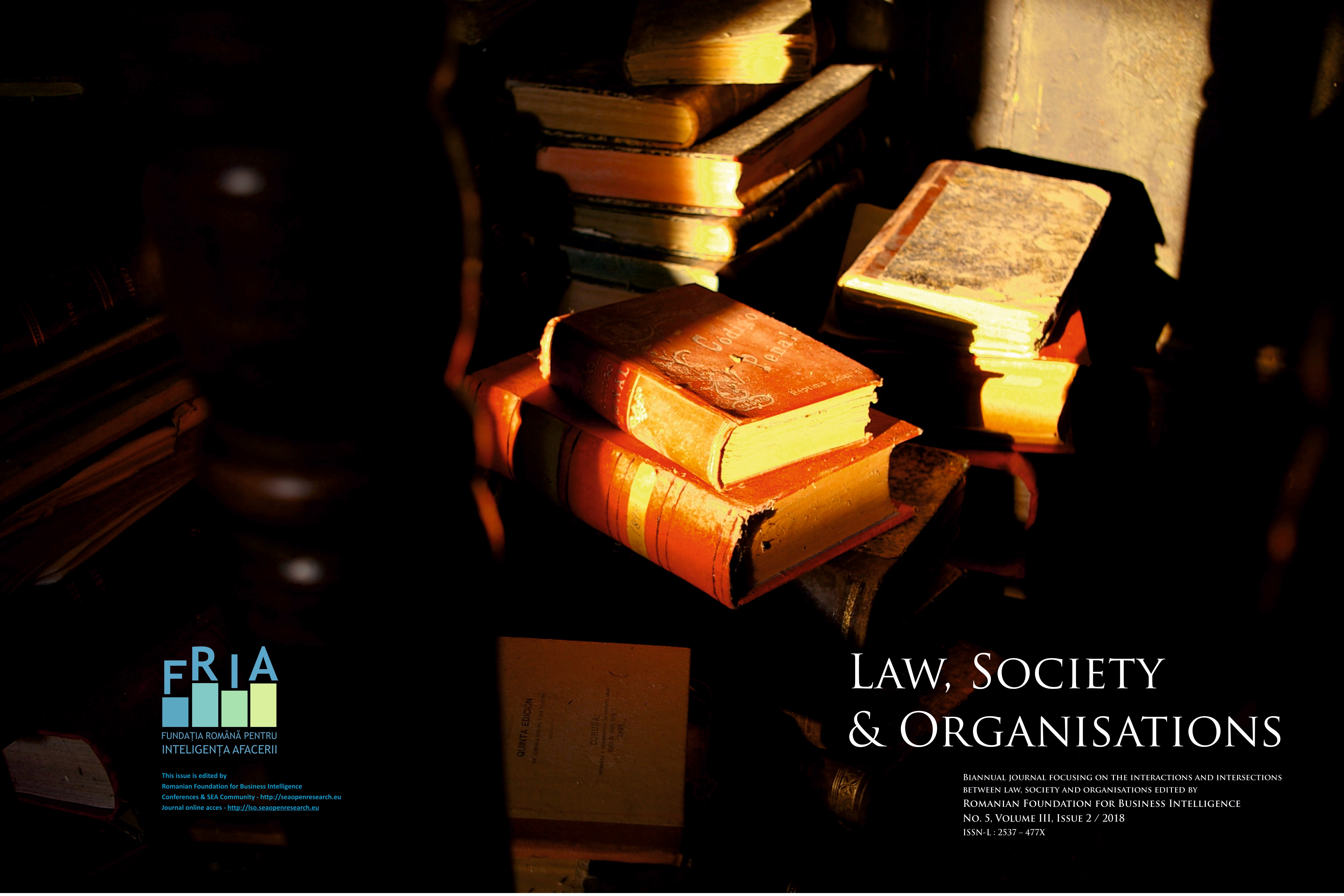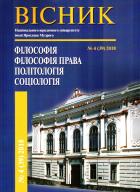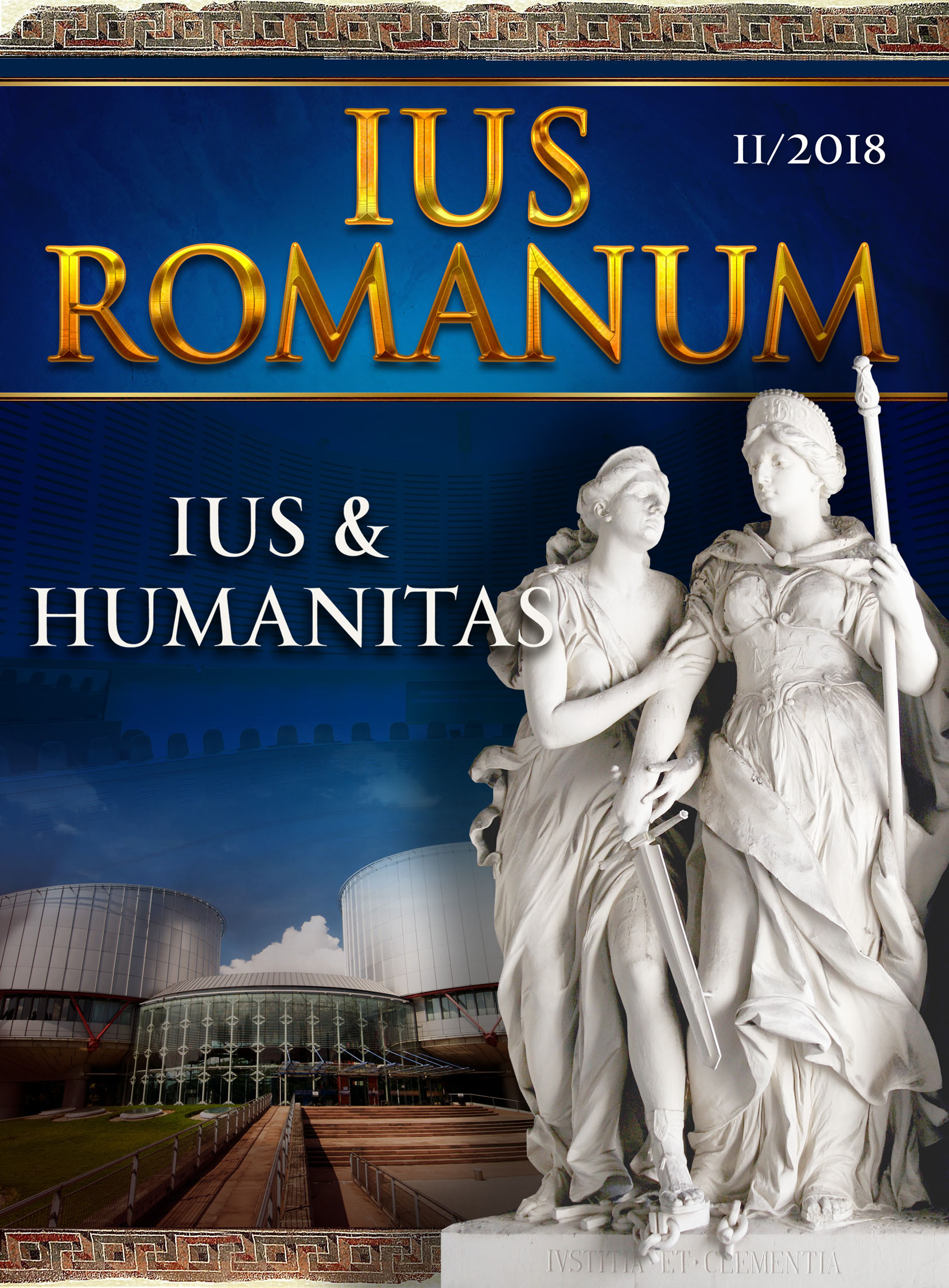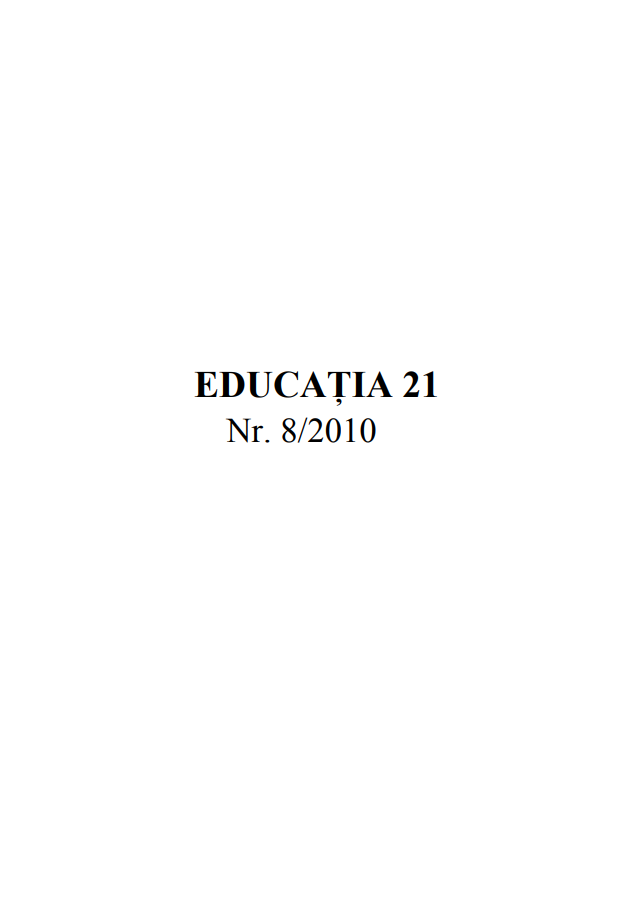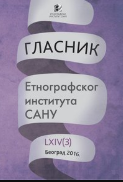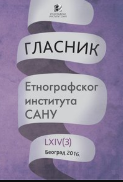Author(s): Mikhail Petrovich Trebin / Language(s): Ukrainian
Issue: 4/2018
Problem setting. Since the creation of the United Nations, it has been 73 years since, the world has changed dramatically, and accordingly, the Organization must change, rebuild under new realities. Due to the increase in the number of international conflicts, global problems of our time, the intensification of world globalization, informatization and computerization of all spheres of society, old methods and ways of getting out of crisis situations either cease to work or become ineffective. Therefore, the way in which the United Nations is transformed will determine the state of affairs in the international arena, world peace and security.Recent research and publications analysis. In the sociology of international relations and related academic disciplines, the issue of UN activity and development was studied by such scholars as B. M. Ashavsky, M. P. O. Baccarini, M. O. Baimuratov, Z. Bauman,S. Browne, M. V. Buromensky, R. Butler, S. Chesterman, K. Engelbrekt, Y. P. Godovnik, R. V. Guban, J. M. Hanhimaki, D. Howell, I. Johnstone, D. Malone, P. Nadin, O. V. Serdyuk, B. I. Tarasyuk, N. Turchin, Yu. O. Voloshin, T. J. Weiss, I. V. Yakovuk, Y. M. Zhukovsky,A. M. Zlenko et al. The situation on the international scene is changing, and today the United Nations is faced with new challenges and challenges that have not been studied by the authors or have been studied fragmentarily, so the appeal to comprehend the possible models of reforming the UN in today’s conditions is quite expedient.Paper objective - identification of problems in the activities of the United Nations and its ability to perform the tasks set before the organization, as well as proposals to overcome the problems identified to ensure the effectiveness of the UN work.Paper main body. The UN structure is rather complex and includes a large number of different organizational units of committees, commissions, departments, etc. Main structural units the General Assembly, the Security Council, the Economic and Social Council (ECOSOC), the International Court of Justice, Trusteeship Council (suspended on 1 November 1994), the Secretariat. From the point of view of the level of authority, the General Assembly and the UN Security Council are the most important.The beginning of the active reform process of the United Nations is linked to the election of Secretary-General Kofi Annan in 1997. During the 52nd session of the UN General Assembly, the main directions for updating the UN were proposed, including structural changes in the Secretariat, coordination of organizations of the UN system at the country level, and improving interaction with civil society. This topic was developed at the Millennium Summit in 2000 immediately after the 55th session of the UN General Assembly, which took place in September of the same year.Summing up the achievements of the United Nations during its existence, it is worth pointing out the process of its transformation from the organization, which was focused mainly on conference services, to a truly global provider of services, which operates in virtually every corner of the world, thereby helping to improve the lives of people in need of assistance. The following statistical information confirms the progress achieved: more than 70 % of the annual budget is allocated to peacekeeping and other field operations, which is almost 20% more than in the mid-1990s; the number of humanitarian missions in creased from 12 to 43; the number of human rights defenders of the Office of the United Nations High Commissioner for Human Rights in the states has increased by almost four times. However, there remain problems that have not yet been overcome, the most important of them is the reform of the Security Council.Discussions about reforming the UN Security Council have been taking place since the first years of its existence. The need for the reform of the UN Security Council is due to significant changes in the world that took place after the Second World War: economic, military-political, demographic, etc. The current composition of the UN Security Council does not proportionally represent the geographical zones of the conflict. Among the 15 members of the UN Security Council, 5 seats were assigned to the Western Europe and other Western European countries (including three permanent members), 2 to Eastern Europe (including Russia), 3 to the Asia-Pacific region (APR, including China), 3 to Africa and 2 - Latin America and the Caribbean. These regional quotas show that one-third of the seats in the UN Security Council are in the «golden billion», while Eastern Europe, in which there are many unsettled conflicts, is represented only by Russia and one nonpermanent member, and the Middle East is the source of the most severe conflicts, has only one representative from the APR group. In addition, the Asian quota can not always take into account the positions of States whose interests affect a number of territorial conflicts in the South China and East China Seas through which the main sea routes of the world pass.Conclusions of the research. There is a need for further UN reform. It is necessary to consistently carry out the reform of the UN Security Council, forming within its framework the agreed conceptual framework and practical measures to preserve and strengthen it as the central UN body, but the transformation is necessary: the world has changed, the structure that protects it must be changed. At the initial stage it is necessary to increase the number of members of the Council, the number of permanent members should reflect the regional picture of the world, new permanent members do not have veto power for 15-20 years.
More...
